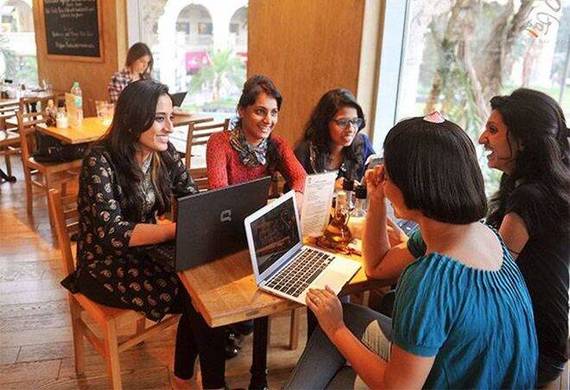
COVID-19 Increases Socio-Economic Gap in Women-Led MSME
By: WE Team | Monday, 30 November 2020
The Novel COVID has drastically affected the women-led micro-businesses across India that have widened the existing socio-economic gap, says a study.
Further, the survey suggests that governments, banks, and other financial institutions must immediately follow the gender-sensitive policy responses to escalate the circumstances.
However, the survey findings are based on a study that has been conducted by Global Alliance for Mass Entrepreneur (GAME) and LEAD at Krea University, Andhra Pradesh that seeks to capture the impact in micro-enterprises in India at the time of the COVID-19 crisis through a survey LEAD is a non-profit research organization.
The survey was conducted in the regions and states that include North India (Delhi, Haryana, Punjab, Uttar Pradesh), South India (Tamil Nadu), and West India (Gujarat, Maharashtra, Rajasthan).
Furthermore, the study monitors key trends on the impact of the crisis and government-mandated lockdowns on business livelihoods, employment, and the income of nano and micro businesses.
The 6th economic census reveals that women entrepreneurs own about eight million enterprises in India or about 13 percent of the total units.
According to the survey, women-led micro and small businesses are at risk because they include smaller companies working in lower-margin markets and are more prone to face instability than micro-businesses led by men.
“We have started leveraging social media for selling now. Since the onset of the lockdown, we have sold fifty bags online,” says Vidya, one of the women entrepreneurs surveyed. She further adds, “Prior to my foray in entrepreneurship, I had no respect within my family. I have everyone’s respect now, and my family members approach me for advice.”
Prominently, 43 percent of women-owned enterprises in the survey fall in the category that reports less than Rs 10,000 profit a month whereas only 16 percent of those owned by men fall in this category.
Women usually operate with structural and systemic constraints in addition to cultural norms and restrictions. So, the ability to take risks, make mistakes, and, more importantly, to fail, is not liberty licensed to women.
Despite the adversity, 19 percent of the sample reported scaling up their businesses, showcasing immense resilience. In the study, which predominantly covered women enterprises in urban and semi-urban areas, low sales and reduced customer footfall were reported by 79 percent of the female entrepreneurs.


.jpg)



